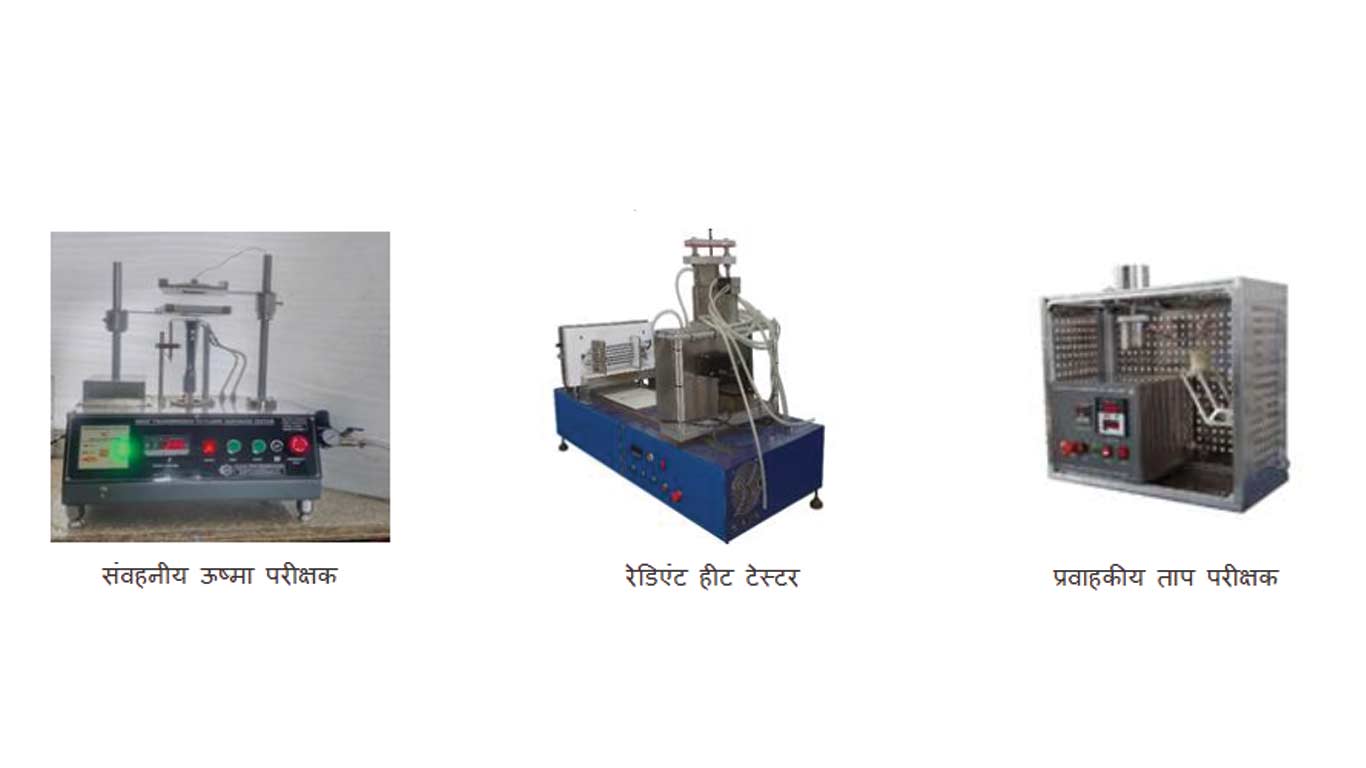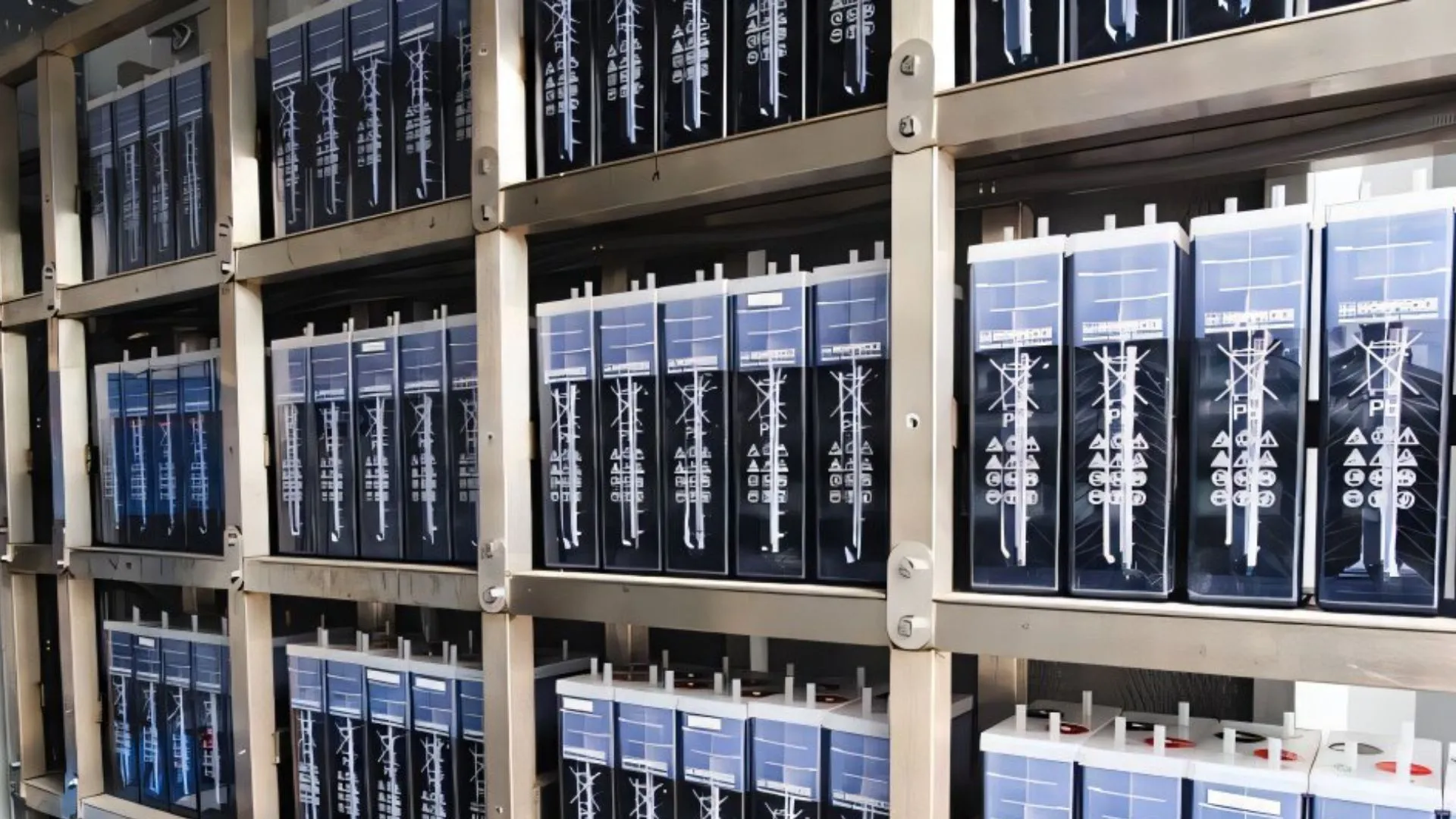Copyright knnindia

New Delhi, Nov 7 (KNN) In a significant boost to India’s technical textile capabilities, the National Technical Textiles Mission (NTTM) under the Ministry of Textiles has announced the successful development of three indigenous instruments for testing convective, radiant, and contact (conductive) heat resistance of protective textiles. The innovative systems — Convective Heat Tester (ISO 9151), Radiant Heat Tester (ISO 6942), and Contact (Conductive) Heat Tester (IS 12127) — were developed by the Northern India Textile Research Association (NITRA) under the NTTM-sponsored project titled “Indigenously Developed State of the Art Instruments to Test Convective, Radiant, and Conductive Properties of Protective Textiles.” These advanced instruments will enable precise evaluation of thermal resistance in materials used for firefighter suits, industrial protective gear, and defence applications, where heat protection is critical. Developed entirely through indigenous design and technology, the instruments deliver performance comparable to imported models at a fraction of the cost. While imported versions are typically priced between Rs. 15–40 lakh, the Indian-developed systems are available for Rs. 5–10 lakh, significantly reducing both acquisition costs and delivery time for users. In line with the Government’s ‘Make in India’ initiative, the technology has been transferred to M/s Asian Test Equipment Pvt. Ltd., Ghaziabad, for commercialization. The instruments have already been installed and validated at M/s Ace Incorporation, Kanpur, and the Centre for Fire, Explosive and Environment Safety (CFEES), DRDO, Delhi, and are now commercially available on major platforms including Trade India, IndiaMART, and Alibaba. The indigenous availability of these testing systems has also streamlined testing timelines, reducing turnaround from about 30 days to just 3–5 days, and cut testing costs from Rs. 25,000 – Rs. 40,000 per sample to Rs. 6,000 – Rs.10,000. Institutions such as CFEES, DRDO have reported satisfactory performance, affirming the systems’ world-class standards. According to NITRA, the instruments were designed based on extensive field experience with imported models, ensuring precision, reliability, and long-term sustainability. The successful completion of this NTTM-funded project represents a major stride towards technological self-reliance in India’s technical textiles sector. It aligns with the national vision of fostering innovation, sustainability, and self-sufficiency in high-performance textile applications. (KNN Bureau)



